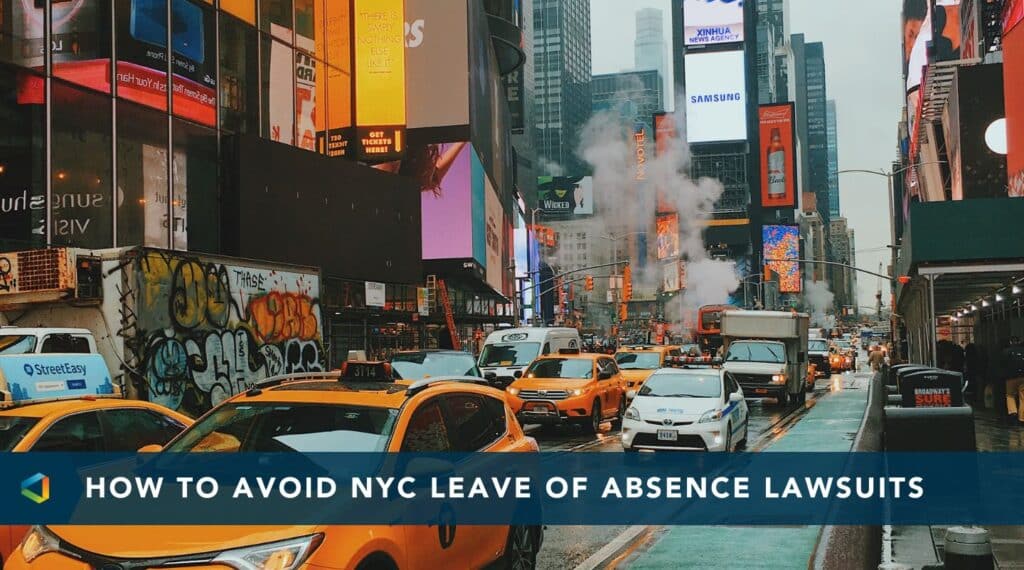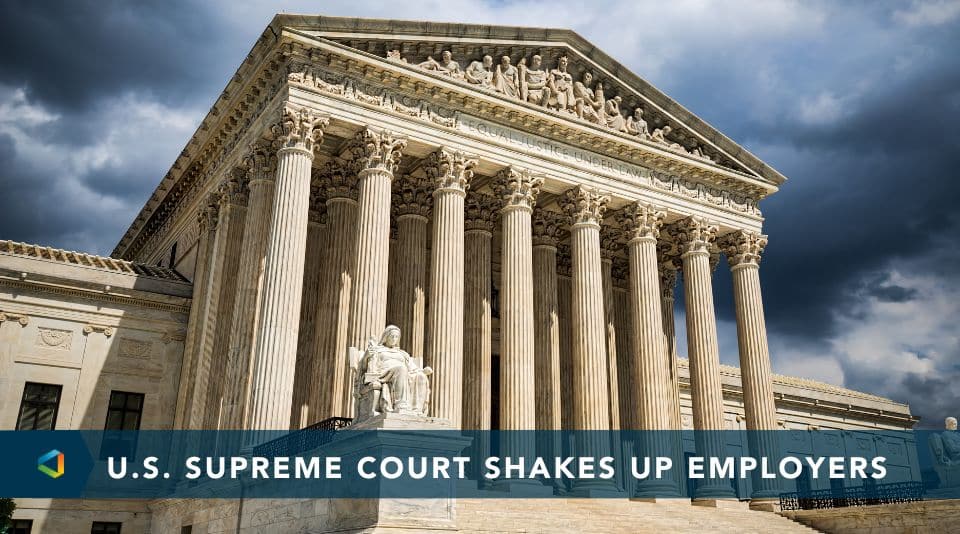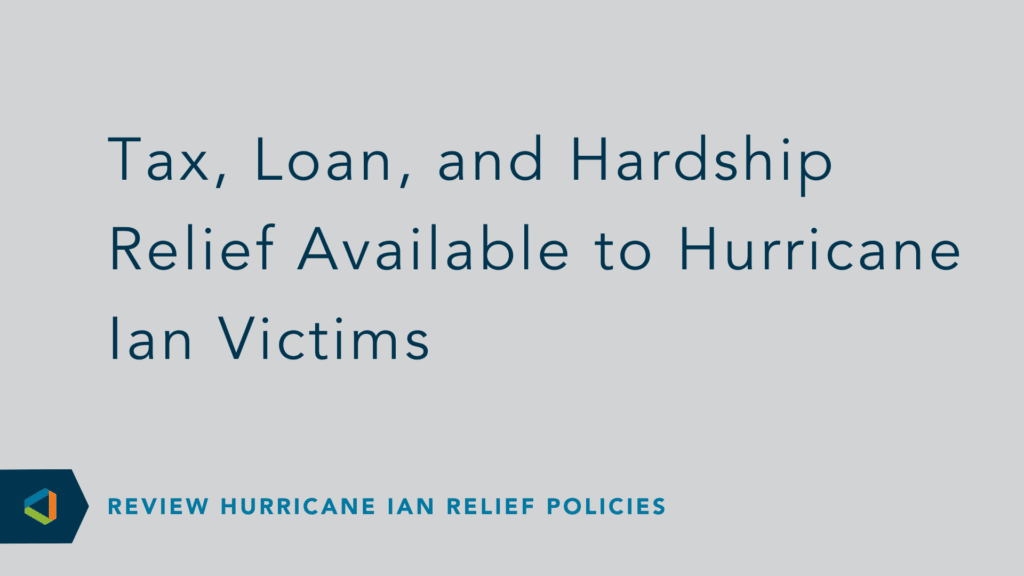APPLIES TO |
EFFECTIVE |
QUESTIONS? |
| All Employers with CA Employees | April 6, 2017 | Contact your OneDigital Representative |
Arbitration agreement provisions that require an individual to waive their statutory right to seek public injunctive relief in any forum, including arbitration or in court, have been deemed unenforceable by the California Supreme Court in McGill v. Citibank.
The California Supreme Court stated that public injunctive relief is an unwaivable statutory remedy. Notably, the Supreme Court’s decision did not comment on whether arbitration agreements that require public injunctive relief to be sought through arbitration only are enforceable; rather, the Supreme Court stated that provisions that waive the right to seek such relief in any context are invalid.
This case is expected to have limited impact on employers, in part, because it did not arise in an employment context; however, it may potentially affect employers with arbitration agreements under certain circumstances. Specifically, wage and hour claims may sometimes include claims for injunctive relief against an employer’s wage and hour practice. In theory, plaintiffs might argue that their claim seeks public injunctive relief in an effort to avoid arbitration. Whether such a claim truly qualifies as “public” injunctive relief may be the subject of future litigation; nonetheless, employers should be aware of such limitations in arbitration agreements.
Note that public injunctive relief differs from the current battle over whether or not class action waivers are valid in employment arbitration agreements. Claims for public injunctive relief are primarily intended to benefit the public at large, rather than achieving redress for specific, private plaintiffs. A class action suit, on the other hand, typically seeks relief for the group or class of individuals bringing the claim. Class action waivers in arbitration agreements require plaintiffs to bring claims individually on their own behalf, and not in concert with other similarly situated plaintiffs. The U.S. Supreme Court is slated to review the validity of mandatory class action waivers this year.




